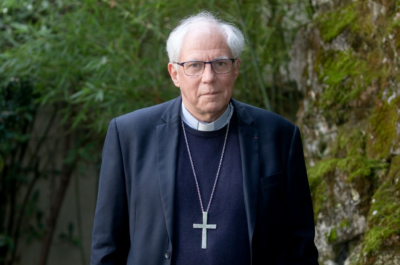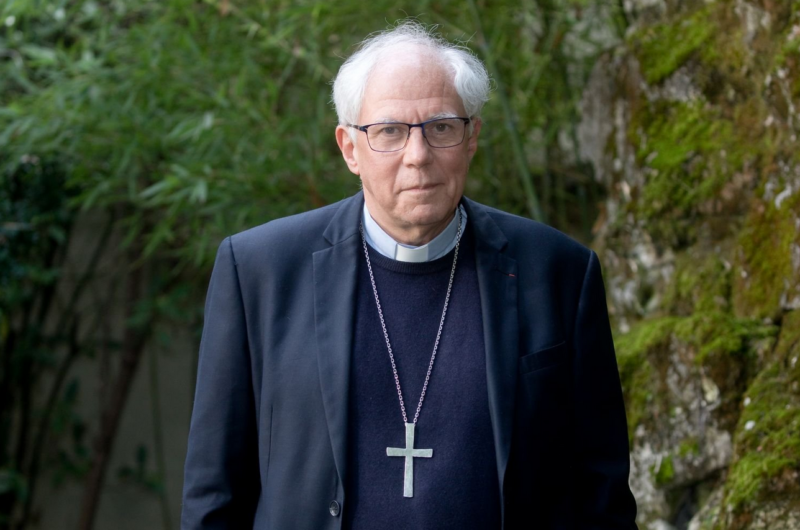The Commission of the Bishops’ Conferences of the European Union (COMECE) releases on Monday 28 November 2022 its contribution to the EC Consultation on defining the framework conditions of the Social Economy. Mgr. Hérouard: “the market should also be a place that creates alliances, common belonging, and mutual care between living beings”. Read the Contribution (EN – FR)

H.E. Mgr. Antoine Hérouard, President of the COMECE Social Affairs Commission. (Credit: infos-dijon.com)
After welcoming the Social Economy Action Plan adopted last year by the European Commission, COMECE releases its contribution to the European Commission’s Consultation on defining the framework conditions of the Social Economy. The document was elaborated by a COMECE ad-hoc Working group on the Social Economy, directed by Prof. Elena Lasida under the chairmanship of H.E. Mgr. Antoine Hérouard, President of the COMECE Social Affairs Commission.
The COMECE contribution outlines concrete proposals to the European Commission in view of developing the full potential of the Social Economy in all EU Member States by better adapting their national policies and legal frameworks to the specific needs and actors of the social economy.
The tools suggested by COMECE are the principles of the Catholic Social Teaching, including the common good, the universal destination of goods, the dignity of the human person and social justice, subsidiarity and the preferential option for the poor.
COMECE also highlights the need to rethink the idea of market, which “should be not only an exchange based on the calculation of individual gains to be obtained, but also a place that makes room for ‘relational wealth’, […] creating alliances, common belonging, and mutual care between living beings”, states Mgr. Hérouard.
Finally, COMECE proposes concrete recommendations to the EU institutions and the Member States. Among these recommendations, COMECE suggests to clearly define the criteria for belonging to the social economy, to improve access to EU funds, public financing and private investments, to promote a fiscal framework for the social economy that creates jobs and sustainable growth, and to encourage the integration of the social economy into the industrial strategies of each EU Member State.
The document was submitted to the relevant European Commission’s consultation on 30 September 2022.

